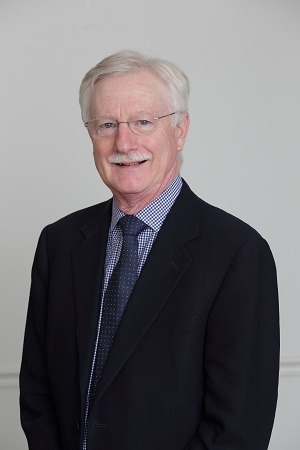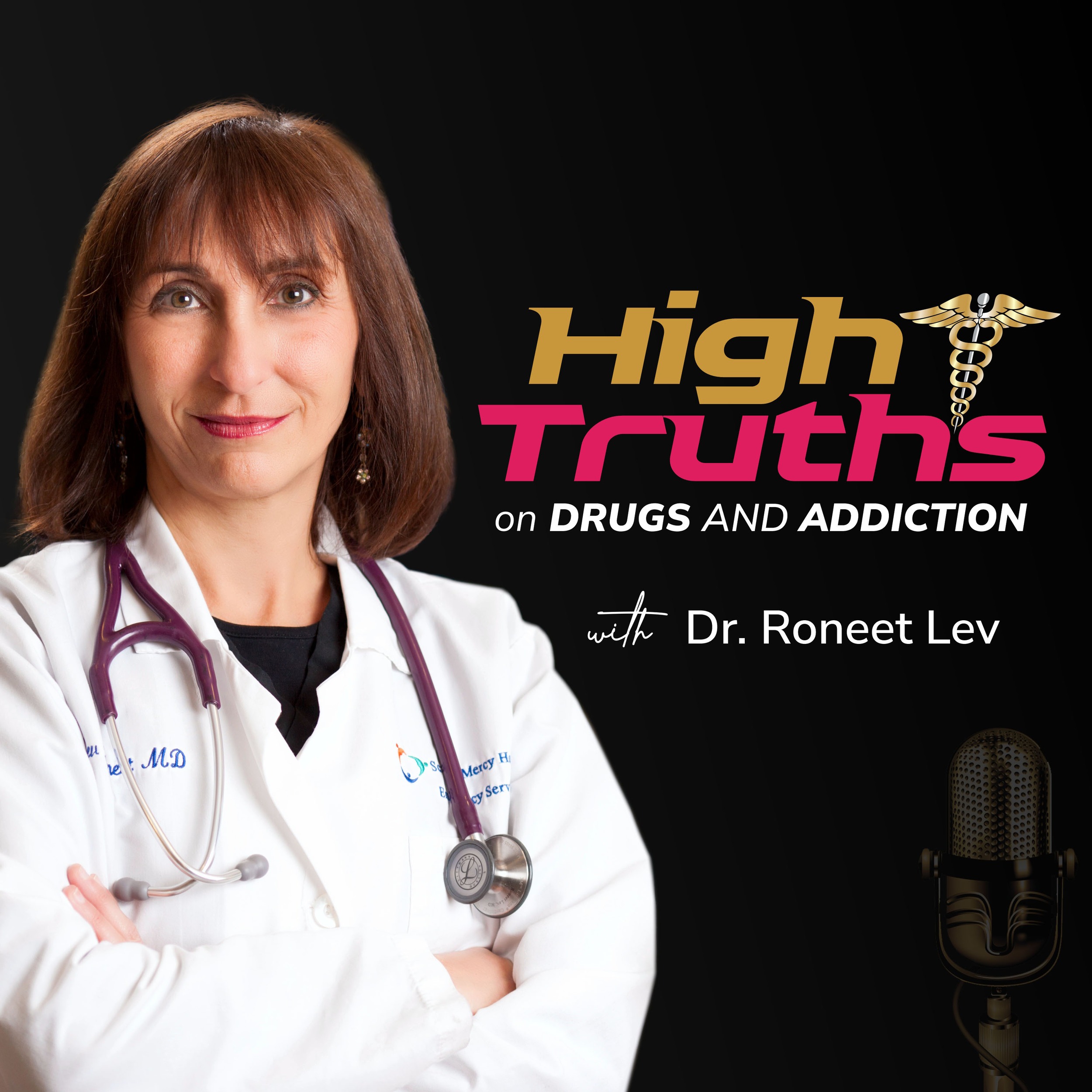
Alcohol Use Disorder remains the largest cause of substance use disorder in our country. Sadly, the COVID pandemic has exacerbated the problem. There are science based dietary guidelines for alcohol consumption with definitions on how much is one drink. Test yourself to find out if you are a High Risk drinker by using the ReThinking Drinking calculators. Listen to Dr. George Koob, the leading scientist in the world on alcohol as he explains the pandemic effects on alcoholism as well as innovative solutions.
George F. Koob, Ph.D., is an internationally-recognized expert on alcohol and stress, and the neurobiology of alcohol and drug addiction. He is the Director of the National Institute on Alcohol Abuse and Alcoholism (NIAAA), where he provides leadership in the national effort to reduce the public health burden associated with alcohol misuse. As NIAAA Director, Dr. Koob oversees a broad portfolio of alcohol research ranging from basic science to epidemiology, diagnostics, prevention, and treatment.
Dr. Koob earned his doctorate in Behavioral Physiology from Johns Hopkins University in 1972. Prior to taking the helm at NIAAA, he served as Professor and Chair of the Scripps’ Committee on the Neurobiology of Addictive Disorders and Director of the Alcohol Research Center at the Scripps Research Institute. Early in his career, Dr. Koob conducted research in the Department of Neurophysiology at the Walter Reed Army Institute of Research and in the Arthur Vining Davis Center for Behavioral Neurobiology at the Salk Institute for Biological Studies. He was a post-doctoral fellow in the Department of Experimental Psychology and the MRC Neuropharmacology Unit at the University of Cambridge.
Dr. Koob began his career investigating the neurobiology of emotion, particularly how the brain processes reward and stress. He subsequently applied basic research on emotions, including on the anatomical and neurochemical underpinnings of emotional function, to alcohol and drug addiction, significantly broadening knowledge of the adaptations within reward and stress neurocircuits that lead to addiction. This work has advanced our understanding of the physiological effects of alcohol and other substance use and why some people transition from use to misuse to addiction, while others do not. Dr. Koob has authored more than 650 peer-reviewed scientific papers and is a co-author of The Neurobiology of Addiction, a comprehensive textbook reviewing the most critical neurobiology of addiction research conducted over the past 50 years.
Dr. Koob is the recipient of many prestigious honors and awards for his research, mentorship, and international scientific collaboration. In 2018 Dr. Koob received the E.M. Jellinek Memorial Award for his outstanding contributions to understanding the behavioral course of addiction. In 2017 Dr. Koob was elected to the National Academy of Medicine(NAM). In 2016 the government of France awarded Dr. Koob with the insignia of Chevalier de la Légion d’honneur (Knight of the Legion of Honor) for developing scientific collaborations between France and the United States. [View the video: World-class scientist Dr Koob receives the Legion of Honor.]
In addition, Dr. Koob previously received the Research Society on Alcoholism (RSA) Seixas Award for extraordinary service in advancing alcohol research; the RSA Distinguished Investigator Award; the RSA Marlatt Mentorship Award; the Daniel Efron Award for excellence in basic research and the Axelrod Mentorship Award, both from the American College of Neuropsychopharmacology; the NIAAA Mark Keller Award for his lifetime contributions to our understanding of the neurobiology of alcohol use disorder; and an international prize in the field of neuronal plasticity awarded by La Fondation Ipsen.

Brain Surgery for Addiction? Listen to Dr. James Mahoney discuss his research on using deep brain stimulation with implanted electrodes that target the pleasure...

Drug Trends are important for public health and public safety. As a physician if there is a new disease such as COVID or Monkeypox,...

Sean Hemeon is an actor (911, Criminal Minds, True Blood, CW’s the Husbands), writer and artist. Originally from Northern Virginia, he now lives in...